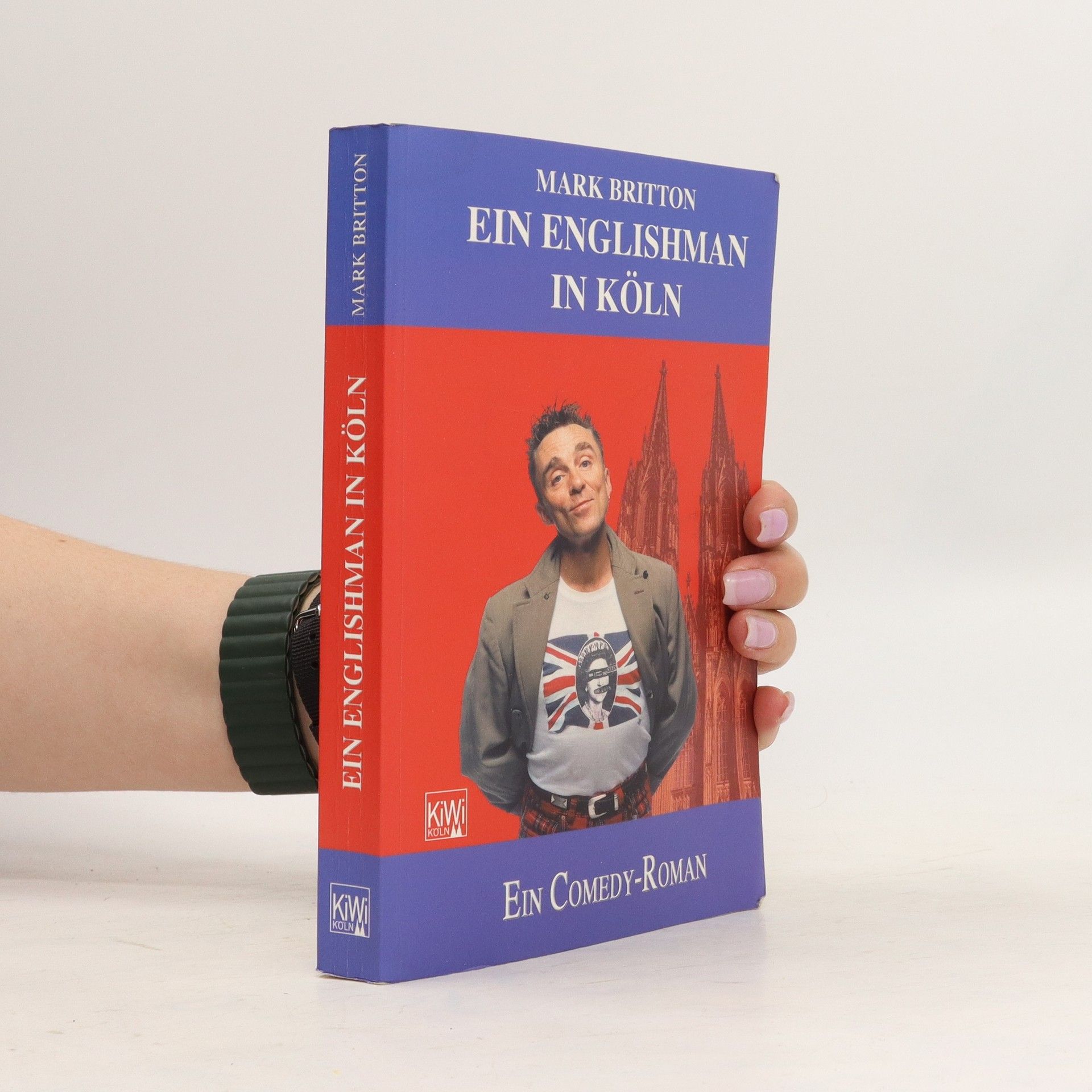The narrative centers on a man's harrowing journey through physical and sexual abuse, highlighting his quest for faith and hope. Amidst profound suffering, he discovers God's unwavering presence, leading him from darkness into light. The story emphasizes themes of peace, forgiveness, and the transformative power of faith, offering inspiration for others facing their own struggles. It illustrates how finding Jesus can foster a deeper connection with God and empower individuals to support and love those in difficult times.
Mark Britton Livres



Das »beste Alter« ist eine Bezeichnung, die der Wirklichkeit spottet. Schließlich meint sie nichts anderes als die peinlichste Phase im Leben des erwachsenen Menschen. Welche Dramen – hormoneller und sozialer Art – sich im und rund um den Mann in seiner zweiten Pubertät abspielen, das schildert Stand-up-Kabarettist Mark Britton in wunderbar selbstironischer und herzzerreißend ehrlicher Manier. Er zeigt: Die steile Etappe zwischen Teenager und Rentner, zwischen Skateboard und Rollator, zwischen Play Station und Intensivstation ist höchstwahrscheinlich doch bezwingbar. Es gibt einen Weg zurück zur Normalität. »Apollo 50 - Wir haben ein Problem« Erwachsene Männer in der zweiten Pubertät Das ultimative Buch zur Midlife Crisis